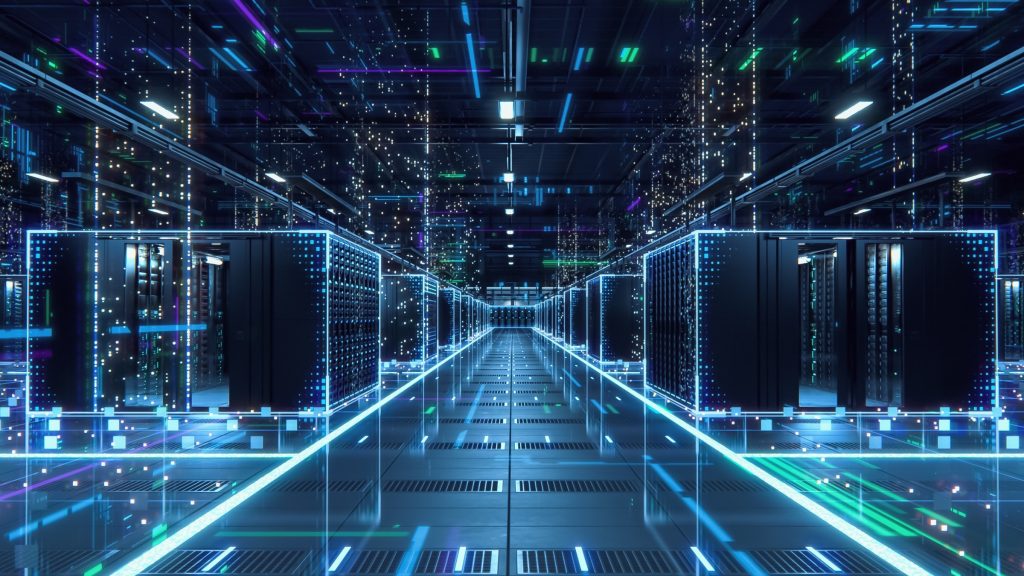
On May 22, Digiconomist founder Alex de Vries-Gao revealed to Joule Journal that AI energy management is becoming imperative as energy demand in global data centers may double by 2025.
The trend points to how AI is becoming a driver of global power consumption, particularly in technology centers where data center’s function. This sudden surge in AI power demand follows as firms struggle to come up with and implement sophisticated AI systems like ChatGPT.
The research highlights worry regarding the carbon footprint of AI and the importance of sound AI energy management methods in data centers. If AI data centers power consumption management for many companies, and is not addressed with caution, it will inevitably boost serious implications for climate and energy supplies.
AI Power Consumption Exploding
Current studies show that AI and energy management is becoming a fundamental issue as AI already reports 20% of data center electricity usage globally. The Joule study suggests that AI demand can double by the current year for nearly half of global data center power consumption, excluding bitcoin mining.
“The money that bitcoin miners had to get to where they are today is peanuts compared to the money that Google and Microsoft and all these big tech companies are pouring in [to AI]. This is just escalating a lot faster, and it’s a much bigger threat,” Alex de Vries-Gao explained.
Big tech companies like Google are already experiencing impacts on their climate goals. Google’s 2024 sustainability report shows a 48% rise in greenhouse gas emissions from 2019, partly driven by speeding up generative AI energy use.
“As we further integrate AI into our products, reducing emissions may be challenging due to increasing energy demands from the greater intensity of AI compute,” Google’s 2024 sustainability report states. The growth of AI’s electricity use makes AI energy management practices better.
How AI Energy Management Systems Optimize Efficiency for AI Sector
AI’s heavy computing demands substantial pressure on data centers that power many online services, and because tech companies rarely share detailed energy data, researchers like de Vries-Gao analyze hardware supply chains to estimate AI’s energy consumption.
One of the key drivers is Taiwan Semiconductor Manufacturing Company (TSMC), which produces AI-specialized chips used by companies such as Nvidia, Google, and AMD.
De Vries-Gao estimates consumption by AI, depending on the power consumption and production capacity of TSMC, at about 82 terawatt-hours of electricity in 2025, equal to Switzerland’s total consumption annually.
If chip manufacturing doubles to the estimated levels, AI usage would almost double as well and account for nearly half of all data center power consumption. This extreme increase places greater emphasis on AI energy management systems shaped to maximize efficiency within the industry.
Moreover, the growing energy demands of AI also have a bearing on water usage since data centers employ cooling systems that take up massive amounts of water. Better AI energy and water management practices must be developed in addition to investment in renewable energy in AI.
Most facilities are currently adopting AI renewable energy management practices to reduce carbon footprints and use cleaner energy sources.
Final Thoughts
With AI technology advancements, the growing energy demands pose a serious challenge to global sustainability efforts. Effective AI energy management is essential to balance innovation with environmental responsibility.
Without greater transparency from tech companies and increased investment in renewable energy for AI and efficient cooling systems, the carbon footprint of AI will continue to rise.
Inside Telecom provides you with an extensive list of content covering all aspects of the tech industry. Keep an eye on our Tech sections to stay informed and up-to-date with our daily articles.